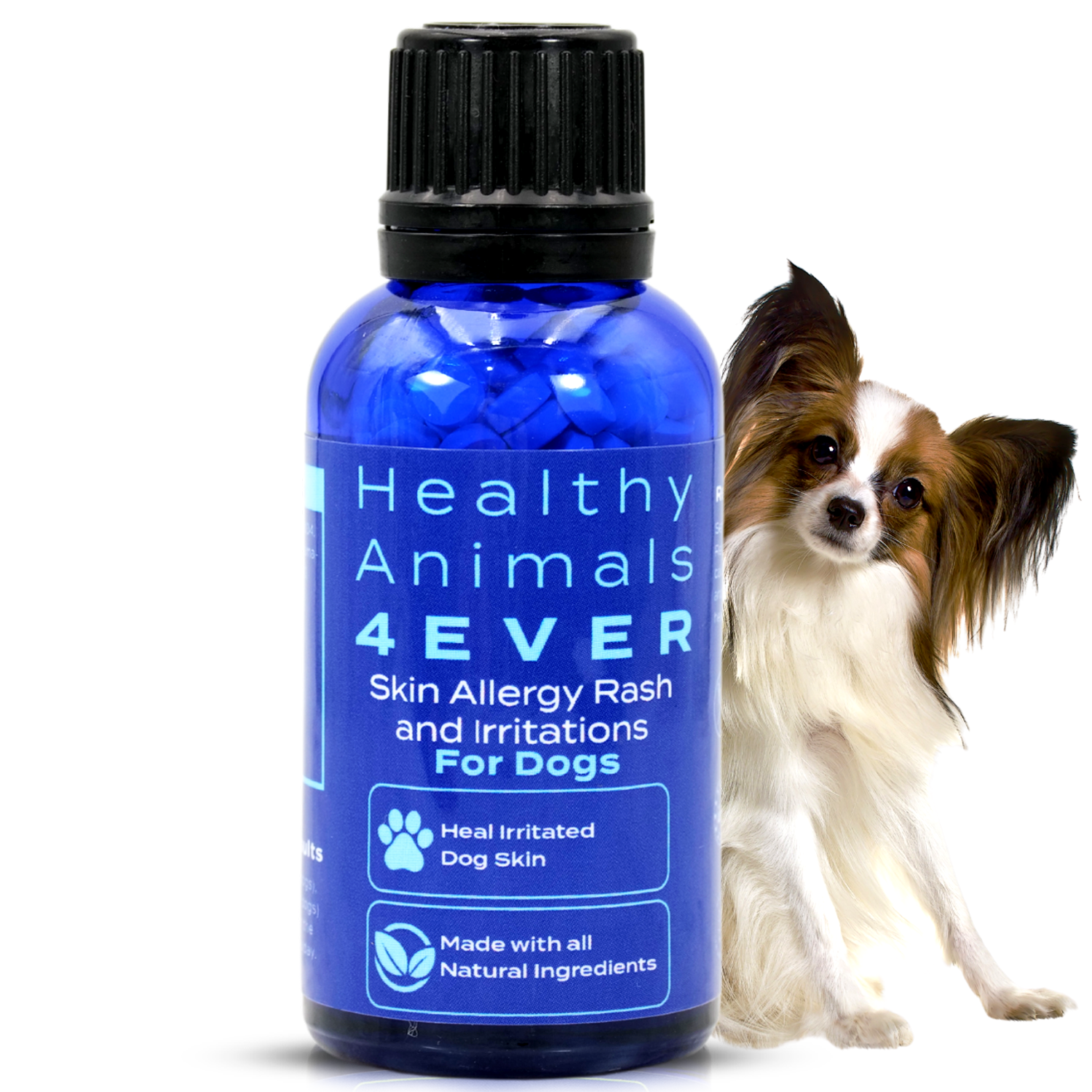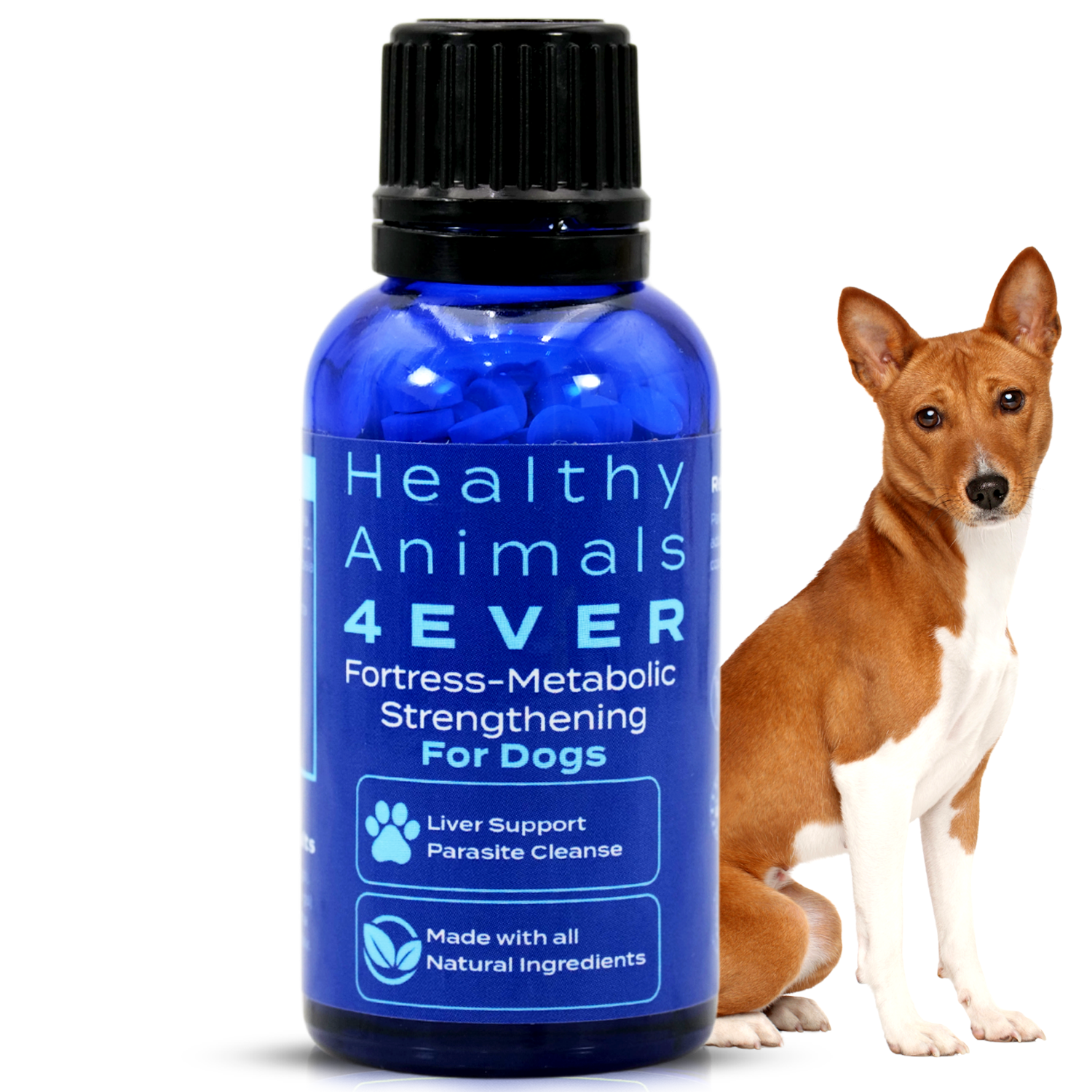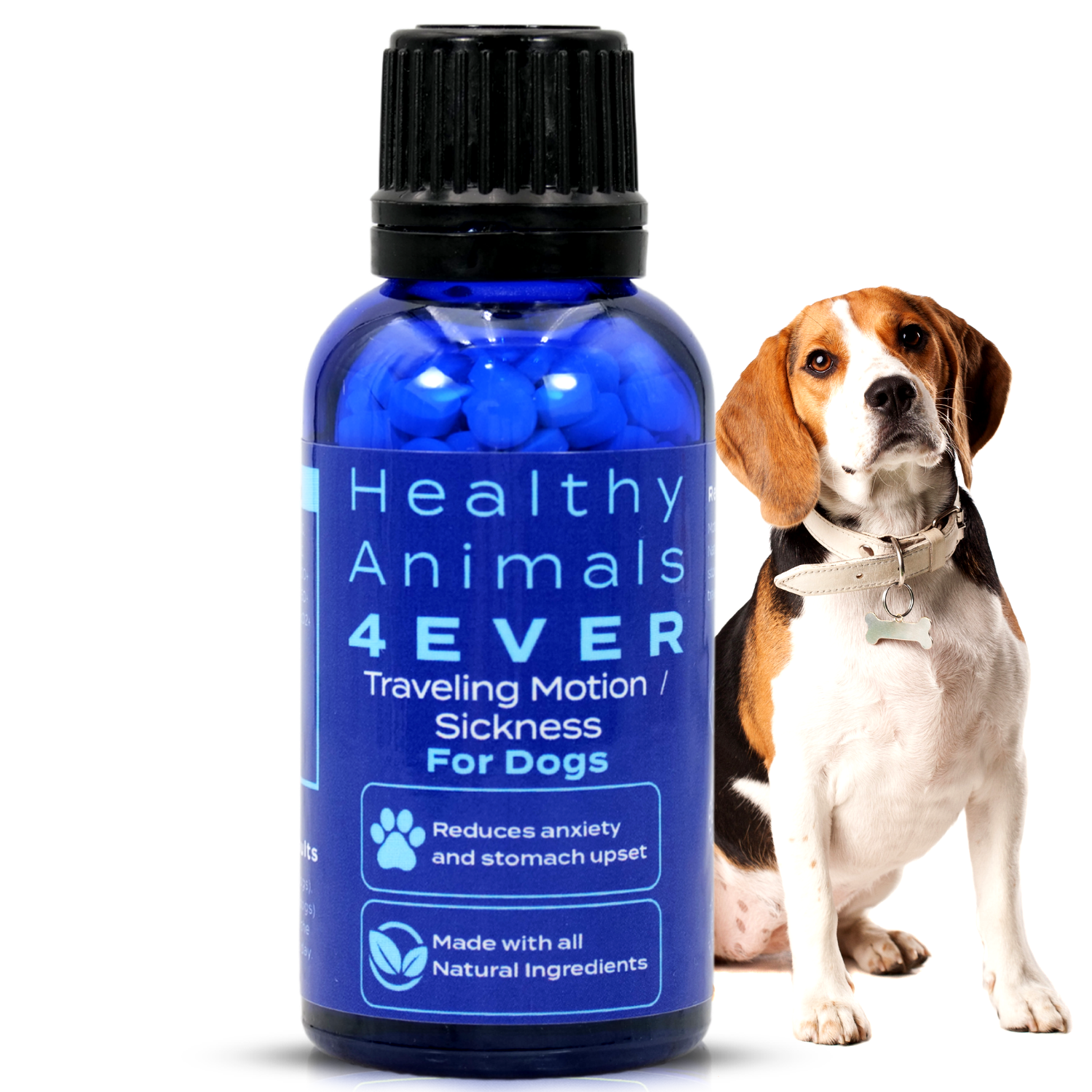CHECK OUT SOME DOG CARE TIPS FOR A HEALTHY SUMMER
Having a pet is having one more family member and friend. One that you need to provide attentive care to.
Summer, just like for us humans, is a time of sun, long walks, good weather, gatherings, baths, and lots of entertainment.
Therefore, during the hot summer months, your care with canine health must be doubled to prevent season-specific problems, such as dehydration, earache, sunstroke, or even sunburn.
In this blog, we’ll discuss everything you need to know about keeping your dog healthy this summer.
Summer Tips to Ensure Your Pet’s Health and Safety
1. In the shade
On sunny days, walks are probably more attractive than usual for you and your dog. So, let’s talk about the precautions you should take, especially on hotter days:
- Dogs love to sunbathe, but direct sunlight can overheat and sunburn them. If you want a safe and pleasant outside experience for your dog, try to find a shady spot to hang out on hot days. If this is not possible, find an indoor place with air-conditioning or a cool temperature.
- Doghouses are not good summer shelters because they trap heat. If your dog sleeps in the yard, they probably feel more comfortable that way! Make sure they have a cool place to sleep in.
- Also, when you’re outside, always try to walk and keep the dog in the shade as often as possible. As mentioned before, sunlight can overheat dogs and lead to heat stroke.

2. Apply sunscreen.
It may seem like a joke, but it's not. Like humans, dogs can and should use sunscreen, especially when they have short, light hair.
If their skin sunburns, it's painful and can lead to serious diseases.
Apply sunscreen every 3-4 hours to the least hair-covered spots: bellies, ears, and nose, when you’re getting playing or walking in the sun with your furry companion.
Having said that, using a sunscreen suitable for your pet is significantly important! Please do not use human sunscreen on your dog, as it can cause irritability and serious skin problems. You can talk to a vet to find an option that suits your furry friend!
Skin Allergy Rash and Irritations - Dogs relieve the itch and irritation caused by environmental allergens and skin irritants.
3. Keep your pet hydrated.
While shade is very important in regulating your dog's body temperature, keeping him hydrated is no less important.
Dogs get a lot thirstier than we do when they get hot. To better understand if your dog is becoming dehydrated, there are signs you can look out for. We’ll discuss it in the next tip.
So, to avoid problems, make sure your pet always has access to fresh, clean water inside the house, and bring a bottle for your furry companion when going outside, just like you do for yourself. Dogs that do not receive adequate hydration during playtime are at risk of suffering from heat stress.
You might also switch to wet dog food during the hotter months to increase fluid intake.

4. Know the signs.
If you have a dog, you've probably already wondered what the normal and ideal temperature for them is. A dog's normal temperature is between 100° and 103°F –
anything higher than that means your pet is in danger.
So, do cats sweat? No, dogs and cats don’t sweat as we do. Instead, they drink water and pant to bring down their body temperature.
If you notice the following signs and symptoms your dog may be suffering from overheating:
- Heavy panting;
- Dry or bright red gums;
- Thick drool;
- Vomiting;
- Diarrhea;
- Wobbly legs.
When you notice your pet is overheating:
- Take him to a place with a moderate temperature,
- Give him water to drink,
- Wrap him in a damp towel,
- and take him to the vet as fast as possible. Do not bathe him in cold water, as you risk thermal shock.
5. When is the best time for summer walks?
Dogs love to walk and run, and you may find it hard to resist when your dog wants to go out and play.
However, research shows you shouldn’t take your dog for long walks with strenuous activity in the daytime heat.
Instead, try to take walks in the early mornings or evenings when the sun’s heat is less intense. If you don't have a choice, take breaks in the shade, and have fresh water available.
6. Keep your dog's paws cool.
When we walk in the summer, our shoes prevent us from feeling the heat. In turn, dogs have their paws in direct contact with the ground, which is at high temperatures most days in summer.
On outing days, try to keep your pet away from surfaces that tend to get very hot, such as cement and asphalt. Not only can it burn the paws, but it can also increase the body temperature and lead to overheating.
Additionally, transporting your dog in the back of a van is not a good idea - the hot metal can burn them.
When spraying your dog with water, make sure to spray the paws and stomach to cool them down quicker.
7. Don't leave your dog in the car.
Most dogs love a good car ride. Sometimes, when we take them with us, we might think that leaving them in the car for a few minutes won't be a big deal. However, it can take less than 10 minutes to develop heat stroke in dogs and cats inside a hot vehicle – the temperature inside a car can reach 100 degrees in less than 30 minutes.
If you truly must get out of the car, make sure to always leave your dog in the car with AC running.
We recommend that you avoid doing this at all, as leaving your pets in cars is illegal in 16 states with specific “hot car” laws.
On the other hand, if you see a dog locked in a car, especially on a very hot day, seek help immediately or alert the authorities.

8. Protect from the Parasites.
During the summer, mosquitoes and parasites appear more easily, taking advantage of your four-legged friend.
Here are some health tips you should keep in mind to handle this issue:
- Vaccinations should be up to date. Diseases such as rabies, distemper, or parvo are constant dangers, whether in summer or winter, and precautions must be taken to avoid illnesses.
- Pay attention to insect bites. If your dog is bitten or stung, remove the parasite and watch for possible allergic reactions. If an allergic reaction occurs, take your pet to the vet.
- Talk to your veterinarian about flea and tick prevention.
- Heartworm is a common problem for dogs. Take your dog to a vet for a heartworm check every year and follow your vet’s advice for heartworm precautions.
- Beware of toxic insecticide cures and products that can poison your dog. In the summer, the danger increases.
- Being outside exposes dogs to different elements, meaning they need extra brushing and bathing to stay clean and healthy. This is especially important if we consider parasites.
- No matter how careful and responsible you may be, accidents can happen. Ensure your vet's phone number is close and available to all family members.
Fortress-metabolic Strengthening Formula for Dogs helps with parasite issues while keeping your pet comfortable and without experiencing any side effects, such as die-off symptoms (fatigue, anxiety, aches, pains, etc.)
By air
- With the heat, many airlines refuse to transport pets during the summer. Some allow only early morning or late night flights. Check the airline regulations if you want to include your loving pet on the trip!
- Place ice packs wrapped in a towel or an ice blanket in the puppy's crate when sending him on the plane. Two-liter bottles filled with frozen water are also good options for cooling the box.
- Provide a container with plenty of fresh water to keep your pet hydrated throughout the trip.
By car
- Just like on an airplane, placing a cool thermal blanket or cooling pads wrapped in a towel can help moderate your dog's body temperature during the journey.
- Put sunshades on your car windows.
- Bring fresh water, a bowl to keep your dog hydrated during the stops you make, and a tarp or tent to shelter them if the stop is made during the hottest hours.
- Carry a spray bottle full of water to spray your dog and moderate his body temperature and paws during potty breaks.
By RV
- Find out about the possibility of having a dog in the camping area where you intend to stay. Remember that there are areas where dogs are not allowed.
- Never leave your dog locked inside the RV, even if the air is comfortable on the way out. Leave a window open and ensure that the air is circulating to moderate the environment and the temperature of the space.
- Even if the RV is large and there is room for your dog to circulate freely, try to keep them secured with their own seat belt when moving. This way, they will be protected if you make a sudden stop.
- Find out about the existence of veterinarians in the area where you will be camping in case something unforeseen happens.
Traveling/Motion Sickness Support Formula for Dogs promotes calmness and anxiety relief. It also helps prevent vomiting and other symptoms associated with traveling. Use before traveling.
Water Fun – Some more tips for taking your dog on vacation with you!
As for fun in the water, many dogs love to swim. If you don't have a dog-friendly pool to visit, go on an adventure to a beach or lake together. Wherever you go, bring along some water toys for your dog to play with and have fun with your furry friend, but keep this in mind:
- Check local rules before heading out. Not all beaches allow dogs, and some restrict the time they can be there.
- Give your dog a shady spot to rest, like a beach tent or his own outdoor beach spot.
- Carry with you a lot of fresh water for the whole day.
- Apply sunscreen before going outside, especially in his ears, nose, and coat.
- Check with a lifeguard for water conditions – not all dogs swim well, and sometimes strong currents and riptides can sweep a dog out to sea. Make the dog use a life vest.
- Pay attention to your pet. Running on the sand is strenuous exercise – a dog that is out of shape can pull a tendon or ligament, and running on wet sand can make their paw pads blister.
- Don’t let your dog drink seawater; the salt will make him sick.
- Bathe him after the beach. Salt and other minerals in ocean water can damage your dog’s skin.
Homeopathic Dog Care in the Summer
In the summer, homeopathy can also help promote overall well-being and alleviate specific conditions that may arise during this season.
- Calendula: Calendula is known for its soothing properties, making it a great remedy for sunburn and minor skin irritations that can occur during summer adventures. It can help reduce redness and inflammation and promote healing.
- Apis Mellifica: Apis Mellifica is a valuable remedy for allergic reactions and insect bites. It can help alleviate itching, swelling, and discomfort caused by encounters with stinging insects or environmental allergens.
- Aconitum Napellus: Loud noises from fireworks or thunderstorms can cause anxiety and fear in dogs. Aconitum Napellus, also known as Aconite, can help calm dogs during stressful situations and relieve anxiety symptoms.
It is important to note that homeopathic remedies should be administered under the guidance of a qualified veterinarian or homeopathic practitioner. They can provide appropriate dosage recommendations based on your dog's specific needs and health condition.

The bottom line:
In conclusion, taking care of your dog's health during the summer months is crucial to ensure their well-being and enjoyment. Following these dog care tips can help your furry friend stay healthy and safe throughout the season.
Remember that your pet is part of your family, and nothing makes them happier than feeling included in your plans, be it a beach holiday, a trip to the lake, or a walk in the park. Summer is the season that allows us to live more experiences: try to live them with your unconditional friend, always in a safe way!











